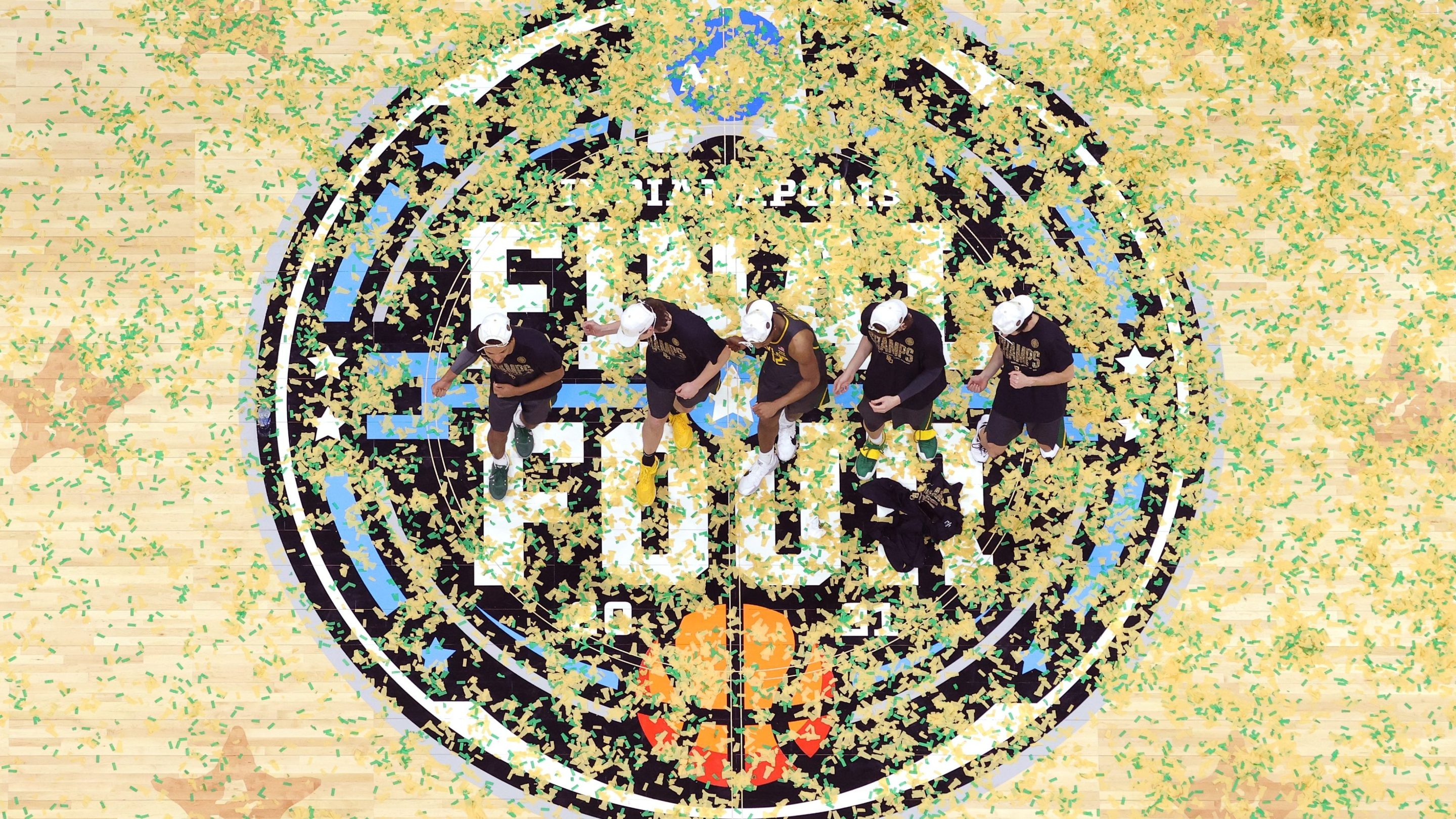Bob Huggins, head coach of the West Virginia Mountaineers men's basketball team, thinks college basketball's power conferences should ditch the NCAA tournament and create a postseason tournament of their own. His reasoning comes off garbled and unclear in this report by ESPN's Myron Medcalf—don't fault the reporter until you've endured watching a Bob Huggins press conference—but seems to be about giving the sport's real moneymakers control over revenue presently diverted toward supporting the institutional NCAA and a bunch of penny-ante minor conferences.
Strictly speaking this is an anti-NCAA position, in the sense that that organization depends for its survival on money it gets from March Madness each year, and could very well cease to exist if the power conferences abandoned the existing tournament for one under their own control. In only that sense, it has a kind of accidental sympathy with my position on the NCAA, which is "death to the NCAA." What this isn't is a proposal for eliminating or even meaningfully reforming all or any of college sports' fundamental depravity and exploitation: Under both the present model and Bob Huggins's vision of a power-conference tourney, there will be unpaid basketball players making tens of millions of dollars for the institutions and people ripping them off.
Since Huggins's model wouldn't produce the end of college sports as we know it, what would it produce? The logical thing to expect is a smaller tournament—the "Power Five" conferences (ACC, Big 10, Big 12, Pac-12, SEC) plus the Big East have a grand total of 76 teams, and it would be a bizarre postseason model to include all (or all but 11) of them in the playoff tournament—and certainly one featuring a much narrower variety of programs and recruiting models and playing styles. That is to say, a duller one, all the more centered on the same small group of sports factories that already overwhelmingly populate the later rounds of the tournament as it exists today. If it'd happen to pay off all the more extravagantly for the rich crooks in charge of the sport's powerhouses, I can't say I find that a very compelling argument in favor.
So the choice between the existing setup and Huggins's idea of a smaller tournament is a choice between two evils, one merely more concentrated. I am forced, then, to choose the one that gives us the loony first weekend of the existing tournament, when there are always like four different games on TV at the same time in the middle of the afternoon, half featuring colleges nobody's ever heard of before, and I have no idea who virtually any of the participants are in any of the games and am just forming transient yet intense rooting interests on the fly based on meaningless ephemera like "I once had a crush on somebody with the same initials as that college" and "Ooh, those uniforms are snazzy" and "That team looks like a bunch of rich coaches' sons who can go to hell." That's the best and in fact only good part of the NCAA tournament or college basketball as a whole, and it requires, for its wacky carnival variety—for the mad in March Madness—on there being a healthy smattering of anonymous rando teams of bounce-passing effort dorks with names like North Southeasttown State University of College for me to learn of and come to despise within the same minute.
Still, I'm glad to see a spirit of openness to change and new ideas visit the discussion of one of sports' most rancid and reprehensible sectors. I feel like this is a good opportunity for me to pitch my idea for what can be done to improve the college basketball postseason (so long as "eliminate college revenue sports for all time, break up all of the nominal educational institutions that make money off of them, and create a special penal colony on the Moon for college athletic directors" is not on the table), and it's this:
Simply do away with everything after the Elite Eight round of the tournament and finish every season with four champions—a real Final Four. Better yet: Once the tournament field has been narrowed down to 16 teams, simply invite 48 more to join, and do the first two rounds over again.
Why not? After that first zany couple of rounds, the tournament reverts to that dullest and least-interesting of sports formats: normal college basketball, played by fully prepared teams, in the evening rather than in the middle of the afternoon. Anybody who wishes to spend precious evening hours watching bad teams mostly made up of goons who suck play zone defense and make 34 percent of their shots for the glory and enrichment of preening tinpot dickheads like Mike Krzyzewski can simply watch regular-season college basketball.
As I see it, the only reason to continue winnowing the field until only a single champion remains is so that viewers' bracket pools likewise have their best chance at crowning a single glorious winner. But, you see, I do not give a frig about that; I will simply fill out a new 64-team bracket every 72 hours as the tournament reloads its first two rounds over and over again. Filling out the bracket is the only fun part of having a bracket! In this model you can do it infinity times as often. This blog is over.






